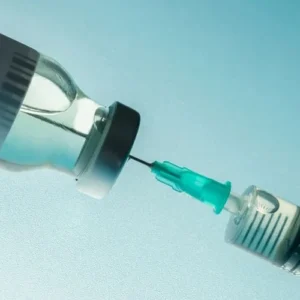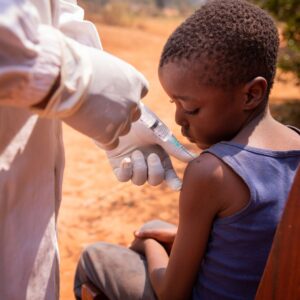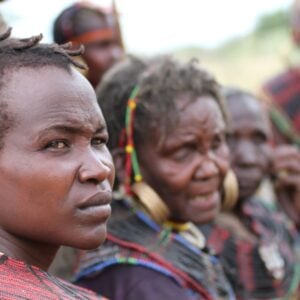Lead exposure remains one of the world’s most pervasive yet preventable health threats, affecting millions of children and adults globally. As the thirteenth International Lead Poisoning Prevention Week (ILPPW) approaches from 19 to 25 October 2025, the World Health Organization (WHO) and its partners have emphasized that there is no safe level of lead, calling for immediate action to eliminate exposure. The 2025 campaign highlights this urgent message under the theme: “No safe level: act now to end lead exposure.”
Dr. Ruediger Krech, WHO Director of the Department of Environment, Climate Change, One Health and Migration a.i., stressed the importance of protecting every child from the lifelong harm caused by lead. He urged governments, communities, and health-care providers to act decisively to eliminate exposure, safeguarding the health, development, and potential of future generations.
Lead exposure continues to pose a significant global health risk, contributing to approximately 1.5 million deaths annually, mainly from cardiovascular disease. Children are particularly vulnerable, as they absorb more lead than adults, which can result in irreversible neurological damage, reduced IQ, learning difficulties, and behavioural problems. Lead exposure also endangers the developing fetus, further emphasizing the critical need for preventive measures.
Lead is present in a wide range of everyday materials, including paints, batteries, cosmetics, and certain spices, and contaminates air, water, and soil. While some progress has been made, such as the global ban on leaded petrol and efforts to restrict lead in paints, WHO warns that voluntary measures alone are insufficient. The organization calls for comprehensive bans on the production, import, sale, and use of lead-based paints, coupled with strict enforcement, to protect children from ongoing exposure.
The ILPPW campaign aims to raise awareness about the dangers of lead exposure, showcase national and partner efforts to prevent it, and advocate for strong regulatory measures to eliminate lead-based paints. WHO supports governments, civil society organizations, and communities with advocacy and technical materials, encouraging widespread campaigns and registration of events on the campaign webpage to highlight global action.
Ending lead poisoning is achievable, and WHO emphasizes that with decisive action from governments, organizations, and communities, children and future generations can be protected from this preventable health threat.







